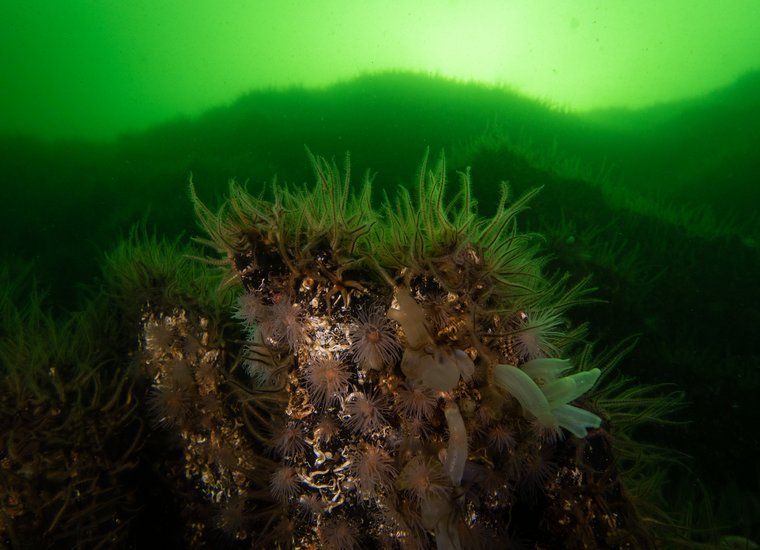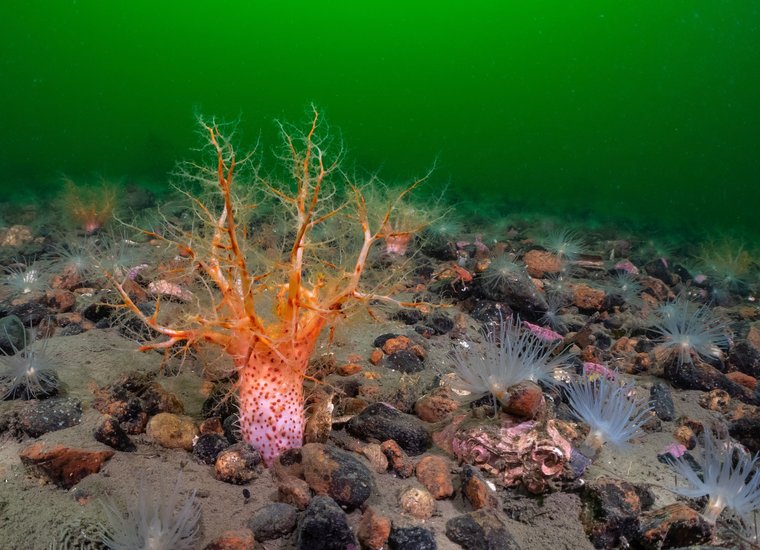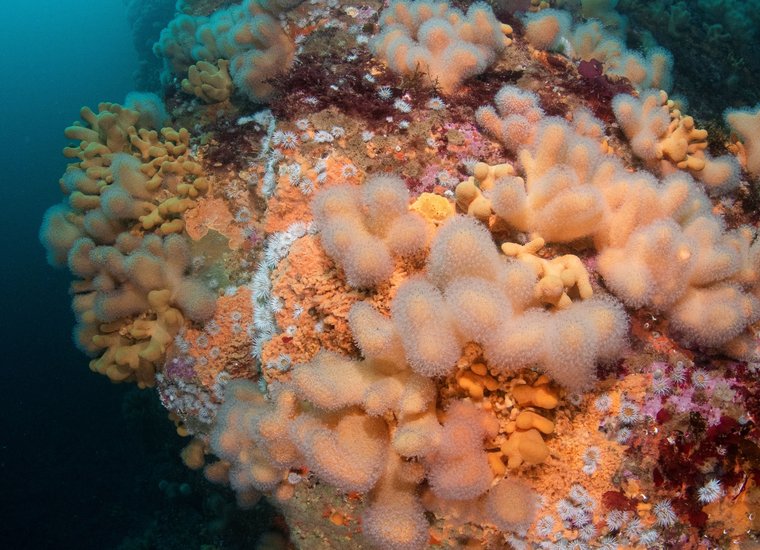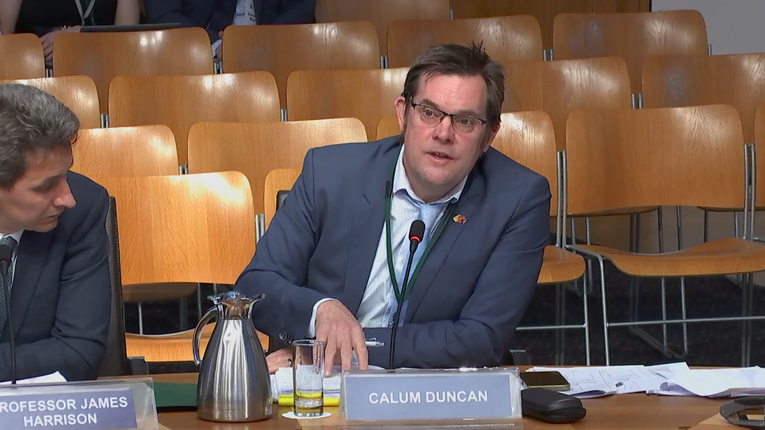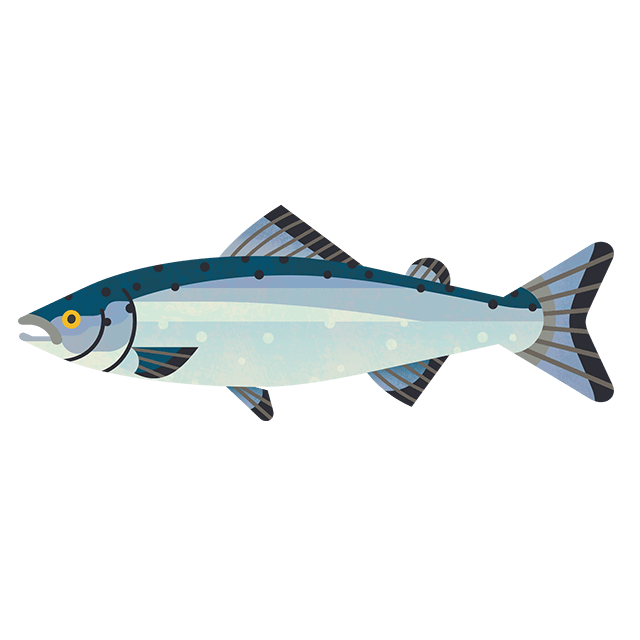
Campaign win: Protections for Scotland’s offshore MPAs
This month, new management measures come into place in Scotland, protecting almost 177,000 km2 of its vital Marine Protected Areas. We look back at the almost 20 years it took us to get here.
On 16th October, the Scottish government has announced new fisheries management measures which will protect over 176,900 km2 of Scotland’s 20 offshore Marine Protected Areas (MPAs), including the largest in Europe, from bottom-towed fishing gear.
Our Head of Policy and Advocacy, Calum Duncan, presented evidence to Scottish Parliament Rural Affairs and Island Committee earlier this month to help seal the deal on this monumental win for Scottish seas. This follows almost two decades of concerted advocacy, which we have been at the heart of every step of the way.
The decades-long road to success
Calum Duncan said: “Although the final proposals have whole-site protections from bottom trawling for just five sites, rather than the 20 we wanted to see, there is still plenty to be supportive of. The entire Anton Dohrn seamount will now be protected from bottom-towed gear, another four sites will have whole-site protections, and more seabed is to be protected in Central Fladden and East of Gannet and Montrose Fields MPAs.”
93% of the combined site area will be protected from bottom-towed gear – although much of this is in the West of Scotland MPA where trawling was already prohibited deeper than 800m.
In line with the government’s Scottish Biodiversity Action Plan, adaptive management will be essential, meaning that measures can be strengthened if sites are unable to meet their conservation objectives under zonal measures. We would like to see this happen if sites are found not to be meeting their conservation objectives.
But with these measures coming into effect today, it is important to take the time to stop, reflect and welcome how far we’ve come in a long, but worthwhile process to protect our ocean and secure a better future for us all.


